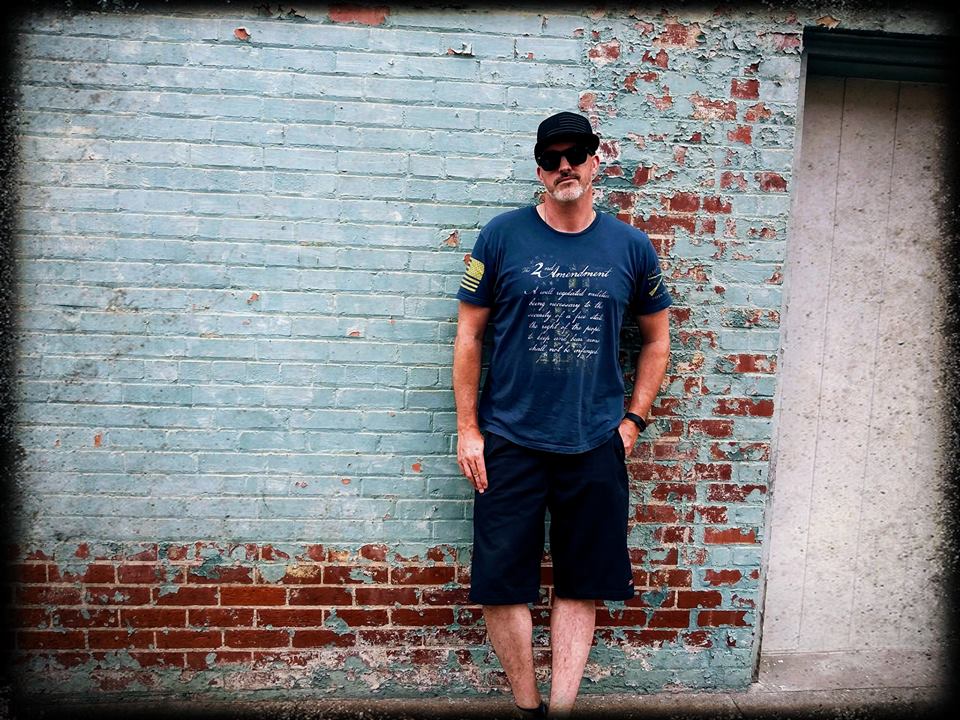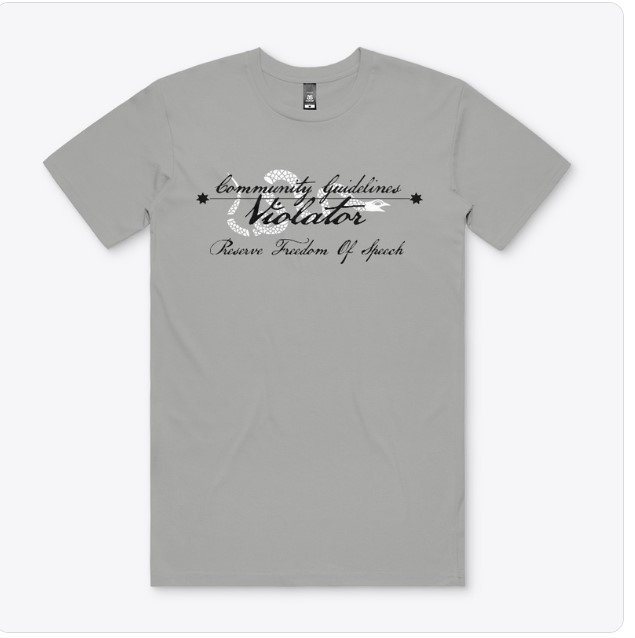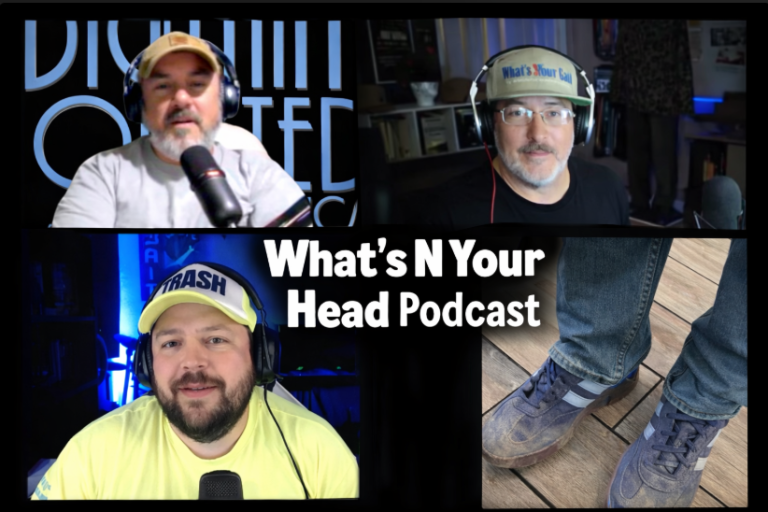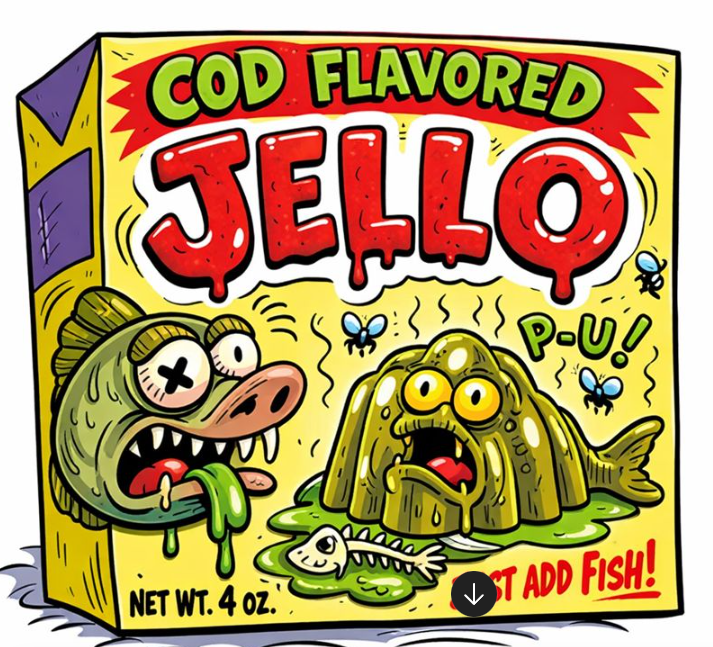
have always been anti-censorship. This belief got me into trouble throughout high school and even with some people when I began posting content on the original version of d-410.com back in 2002. As technology has progressed, the battle against censorship has become even more difficult due to “shadow banning” and outright content blocking on major platforms. This is one of the reasons I choose to pay higher fees to host my content on smaller, independent web hosts rather than with large companies, which often impose stricter corporate policies.
Here’s another example of the challenges content creators face in the 2020s.
A few months ago, we were reminiscing on the podcast about the music we listened to as teens in the 80s and 90s, reflecting on how “offensive” some of those songs would be considered today. Don wanted to share a specific track as an example—”1-800 Suicide” by Gravediggaz, featured on the soundtrack for *Tales From the Crypt: Bordello of Blood* (1996). However, during our research, we discovered that the song had been removed from Spotify’s version of the soundtrack.

Undeterred, we played a brief clip of the song on the show. Now, we understand that playing copyrighted material on YouTube means you risk demonetization or sharing revenue with the copyright holder. Typically, YouTube allows the original content creator to claim a portion of the ad revenue. In this case, it would mean MNRK Music Group and WMG taking a larger share. However, what happened next was beyond the usual process.
YouTube didn’t just demonetize the video—they blocked it entirely. After our 130-minute episode aired on our primary channel, YouTube took it down because of an 18-second clip. We uploaded it to our backup channel, “Analog Fourten” only for it to be blocked again.

Imagine the frustration of having hours of content taken down over a few seconds of material. What’s a content creator to do in a situation like this? Do we fall in line, follow the rules, and sacrifice creative freedom for views and traction? Or do we continue to stand firm in our beliefs and fight for freedom of speech in all formats—video, audio, or live?

We’ve chosen to take the harder road and stand by our principles. As Tom MacDonald aptly put it, “We believe in freedom of speech, and for the morons too.”
So, the next time someone says something you don’t agree with or that ticks you off, don’t just criticize them—also stand by their right to say it. After all, if we don’t defend freedom of speech now, none of us will have the chance to speak later.
So thanks to all of those who contenue to support freedom of speech and our podcast.
-Don.




